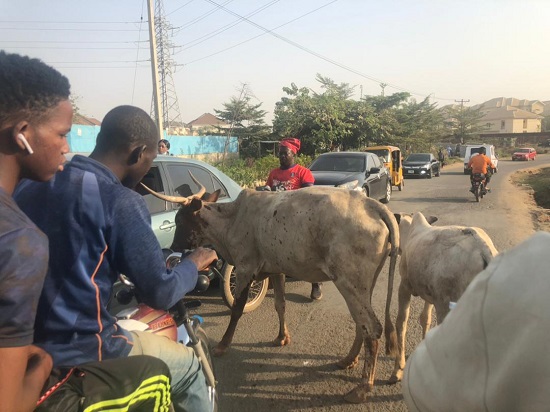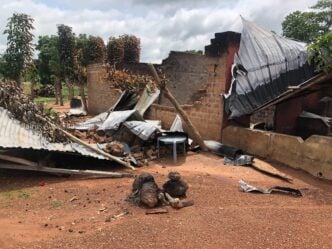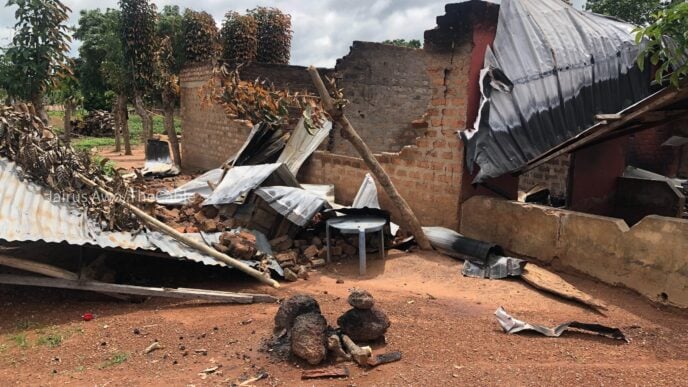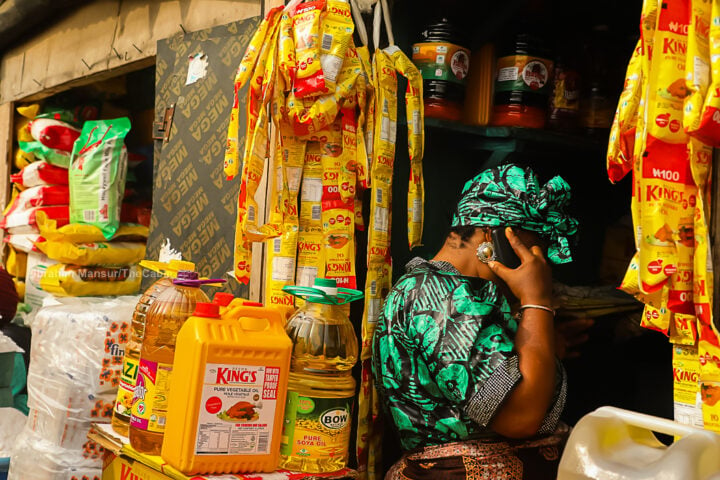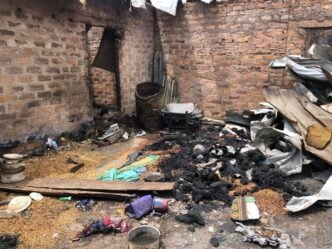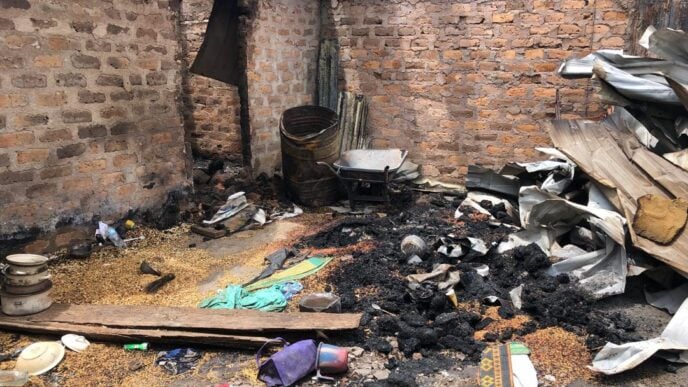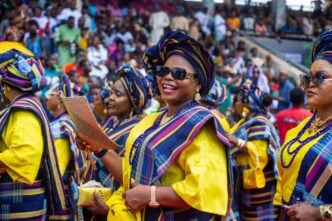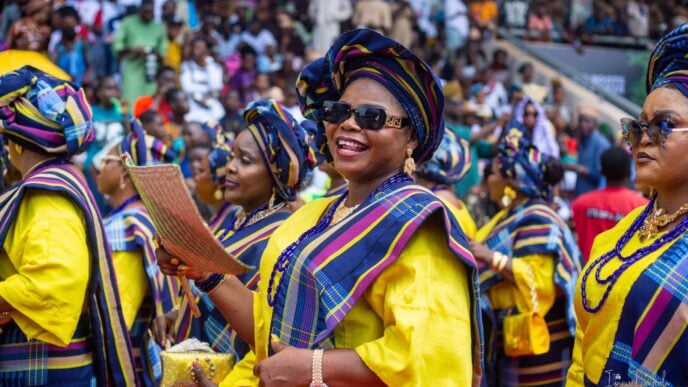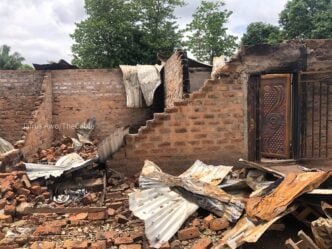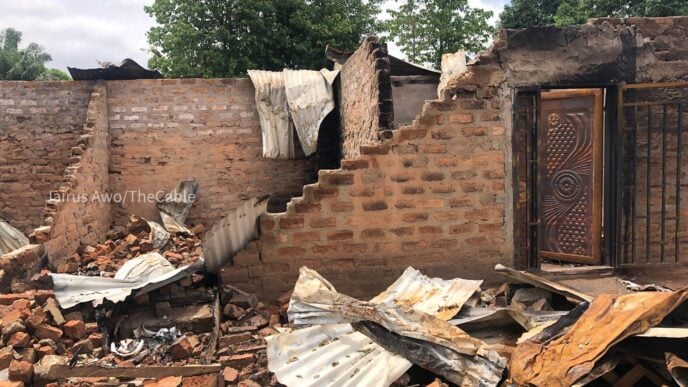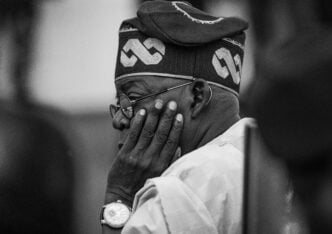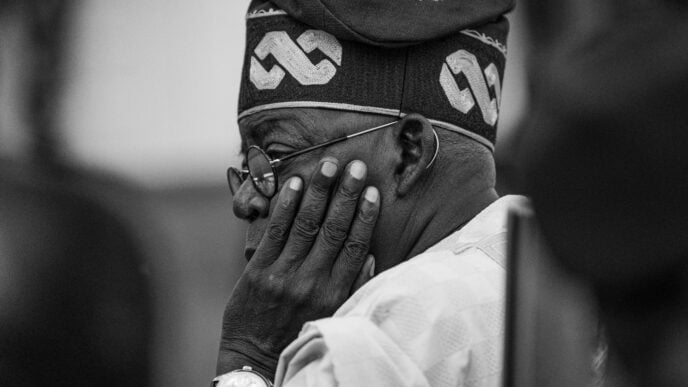BY ONYINYE ATUANYA
In the heart of Nigeria’s federal capital, where skyscrapers stretch and ministries gleam, something unexpected commands the most authority. Not politicians, not police, not presidents but cows.
Yes, cows.
You don’t just see them in satellite towns or rustic outskirts. You see them in the middle of expressways, in school fields, outside Parliament gates. They walk unbothered. They graze undisturbed. And in a strange twist of national logic, they are obeyed. When a cow walks onto the road, traffic halts. Drivers wait. Nobody honks. Nobody challenges. It’s not written in the constitution, but it’s known: in Nigeria, cows have right of way.
Advertisement
At first it’s funny, a quirky anecdote for visitors or a meme for Twitter. But the more you watch it unfold, the more unsettling the joke becomes. Because when livestock receive more care, caution, and consequence than citizens, what does that say about the value we place on human life?
This isn’t a story about cows. It’s a story about power.
Cows are not villains. They’re not strategic. They don’t lobby the Senate or own oil blocs. They simply walk, graze, and exist. The real issue is the system, or the absence of one, that allows this pastoral dominance to flourish. Somewhere along the line, grazing routes evolved from mapped trails into national free passes.
Somewhere, policy gave way to silence. And in that silence, the cow became more than just a cow. It became a symbol of something deeper: of unchallenged power, unspoken hierarchy, and unresolved fears.
Advertisement
In rural villages, a missing cow can spark conflict. An injured one can escalate to violence. Farmers lose their crops, their land, sometimes their lives yet they’re the ones expected to apologize. There is no insurance for a trampled cassava field. No hotline to call when hooves destroy what took seasons to plant. But there is, always, a fear of retribution. Because a cow represents more than beef, it represents ownership. And sometimes, impunity.
In Abuja’s city centre, children learn not to run near cows. Parents teach them to look away. Citizens grow fluent in the language of silence, a silence that whispers, “Don’t ask questions.” “Don’t push too hard.” “It’s not worth it.” This isn’t peace; it’s negotiated surrender.
Some call it tradition. Others call it necessity. But increasingly, it feels like abdication of responsibility, of justice, of the basic principle that public space should serve people first.
The irony is stark. While millions queue for land titles, cows roam wherever they please. While humans navigate bureaucracy, cows navigate cities. No documents. No taxes. No debate. They are the most free entities in a country constantly constrained by class, law, and limitation.
And so we must ask: What if we were all cows?
Advertisement
What if we moved through life with that same untouchable ease. No fear of checkpoints, no bribes at the border, no deadly consequences for wandering into the wrong space at the wrong time? What if our presence, like theirs, was simply accepted, no explanation needed?
It sounds absurd. But perhaps it’s only as absurd as the reality we’ve grown used to.
We should all be cows; not in behavior, but in treatment. We should all move freely. Be protected. Respected. Prioritized. We should all be afforded the quiet confidence of beings who know the system is designed around them, not against them.
Until that happens, until the human child in a village is valued more than the animal that grazes through her school, then this strange, bovine parable will remain not just a curiosity, but a tragedy.
Because if cows are safe, while people are not, then the question is no longer “Why are the cows here?”
It’s “Why aren’t we all?”
Advertisement
Views expressed by contributors are strictly personal and not of TheCable.
